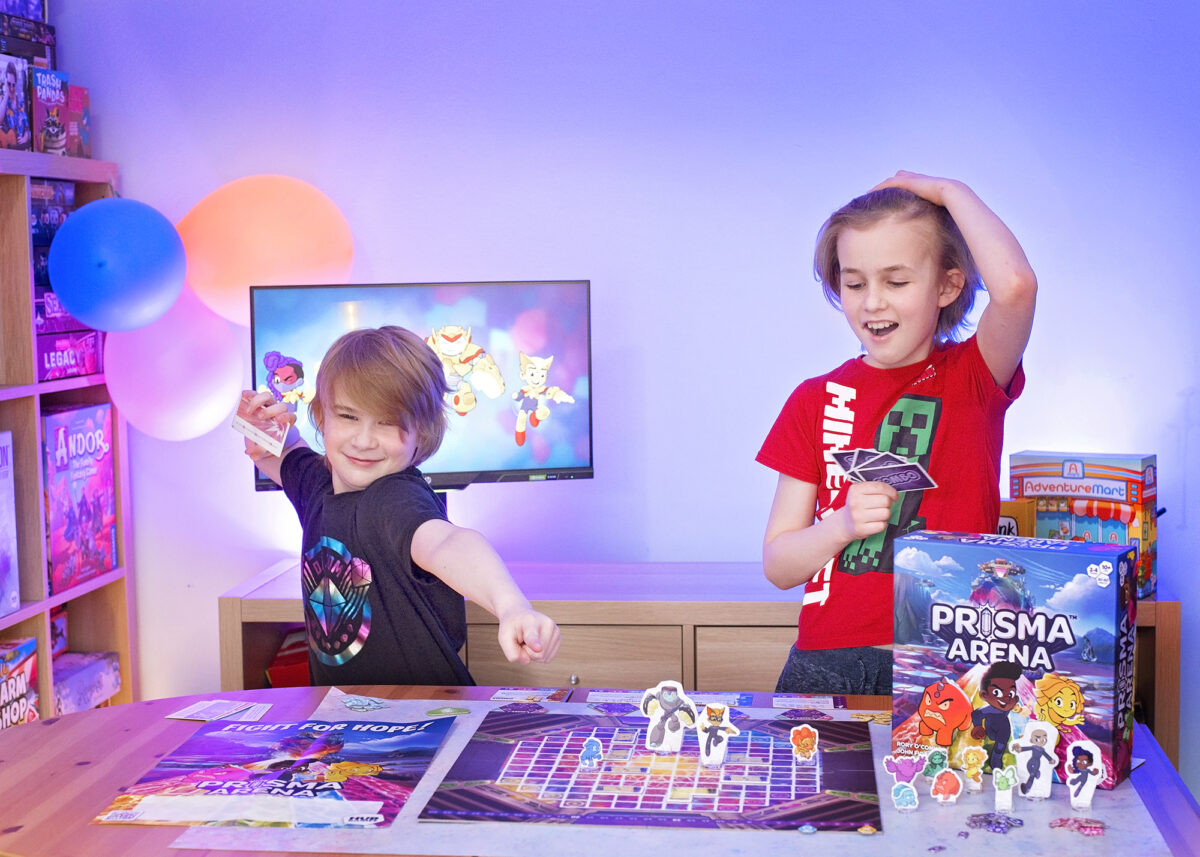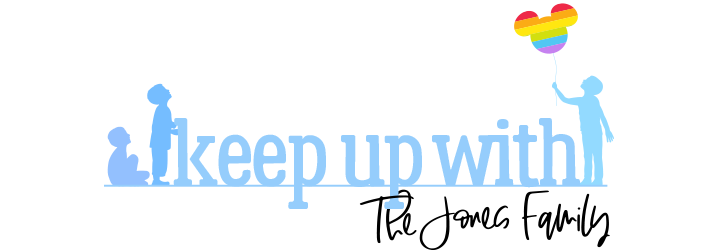5 Activities to Support Your Child’s Social Skills
Strong social skills are the foundation of happy, confident children. They help kids make friends, communicate effectively, and navigate challenges with empathy and understanding. But like any skill, social confidence doesn’t appear overnight, it’s nurtured through experience, practice, and play.
If you’re looking for ways to help your child build those vital interpersonal skills, here are five fun and practical activities, shared by an independent school in Leatherhead, to try at home or in your community.
Role-Playing Everyday Situations
Role-playing is a powerful way to teach children how to handle social scenarios before they happen.
You can act out common situations such as:
Introducing themselves to a new friend
Joining a group activity
Handling disagreements kindly
Asking for help
For example: pretend you’re another child at the playground and have your child practise saying, “Hi, can I play too?”
After each role-play, discuss what went well and how they could respond differently next time. It’s a safe, pressure-free way to build confidence and empathy.

Play Cooperative Board Games
Games that require teamwork help children learn patience, communication, and how to manage emotions — especially when things don’t go their way. Choose cooperative or strategy-based games where players work together toward a common goal, such as:
Outfoxed!
Hoot Owl Hoot!
Forbidden Island
These types of games encourage listening, problem-solving, and turn-taking, all essential social skills that transfer easily to the classroom and playground.
Volunteer or Help Others Together
Community-based activities are a great way to nurture empathy and kindness. Volunteering shows children that their actions can make a difference, while also helping them practise interacting with people of different ages and backgrounds.
Simple ways to get involved include:
Helping an elderly neighbour with their garden
Donating old toys and clothes to charity
Participating in a local clean-up event
Making thank-you cards for community helpers
These experiences teach compassion and cooperation, key components of strong social awareness.
Encourage Group Hobbies and Team Activities
Extracurricular activities are natural environments for developing social skills. Whether it’s sports, drama, art clubs, or music groups, working alongside peers teaches collaboration, respect, and communication.
Encourage your child to try something that interests them, it doesn’t have to be competitive. Even group projects like building a model, learning a dance routine, or performing in a small play can boost teamwork and listening skills. The key is consistency: regular interaction helps children grow comfortable engaging
with others in structured, supportive ways.
Read and Talk About Emotions
Books are wonderful tools for exploring emotions and relationships. When you read stories together, pause to discuss what the characters might be feeling and why.
Ask questions like:
“How do you think she felt when that happened?”
“What could he have done differently to solve the problem?”
This helps your child practise perspective-taking, the ability to see situations from another person’s point of view.
Some excellent books for social-emotional learning include:
The Invisible Boy by Trudy Ludwig
Have You Filled a Bucket Today? by Carol McCloud
My Mouth Is a Volcano! by Julia Cook
These conversations foster emotional intelligence, the cornerstone of strong social skills.
Supporting your child’s social development doesn’t have to involve formal lessons, it can happen through play, conversation, and shared experiences. The goal is to create opportunities where your child can practise kindness, communication, and problem-solving in real-life situations. When children feel confident connecting with others, they’re not just better friends or classmates, they’re happier, more resilient people. And the best part? Every game, story, and shared laugh brings them one step closer to becoming socially savvy and emotionally strong.



